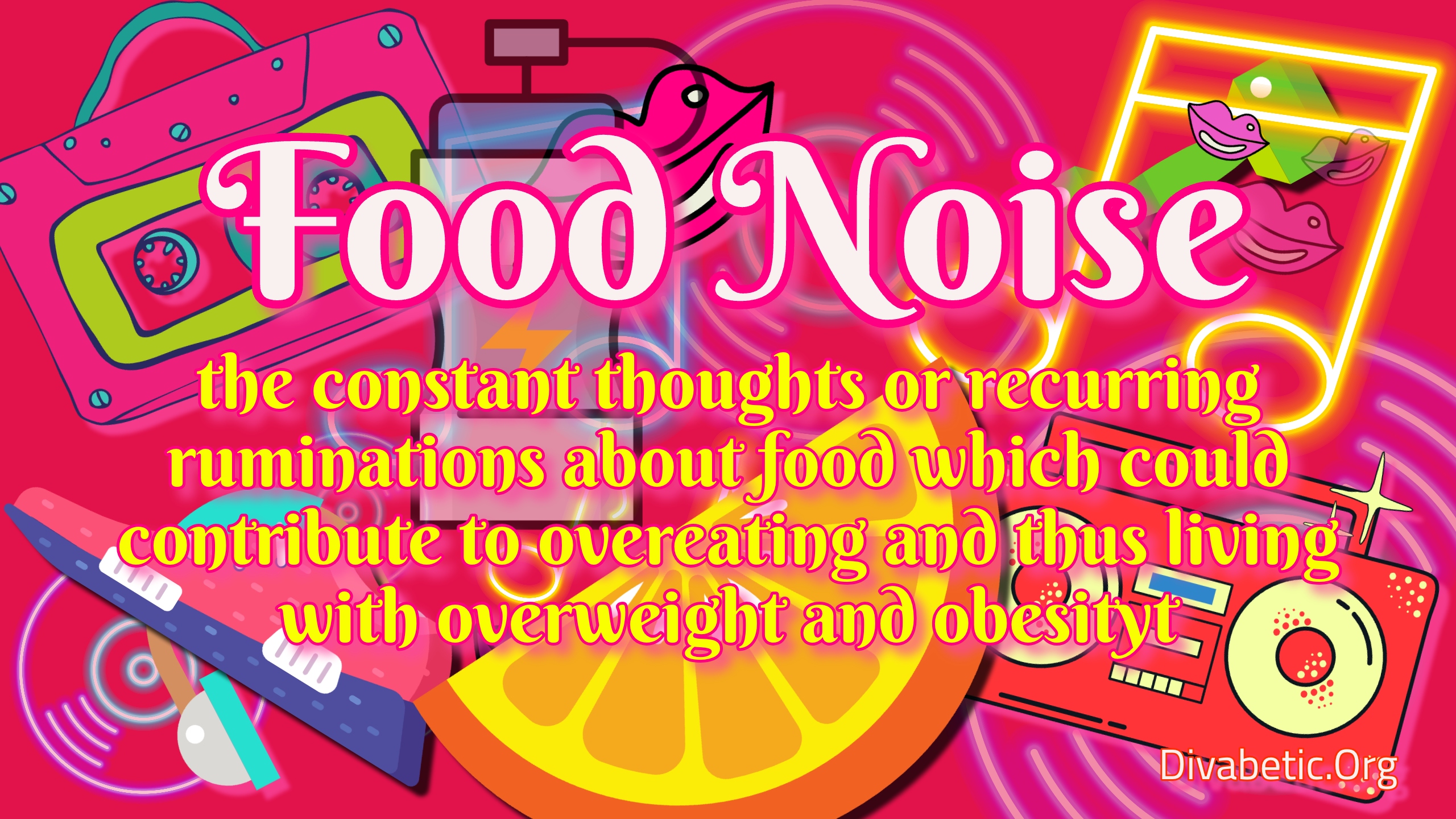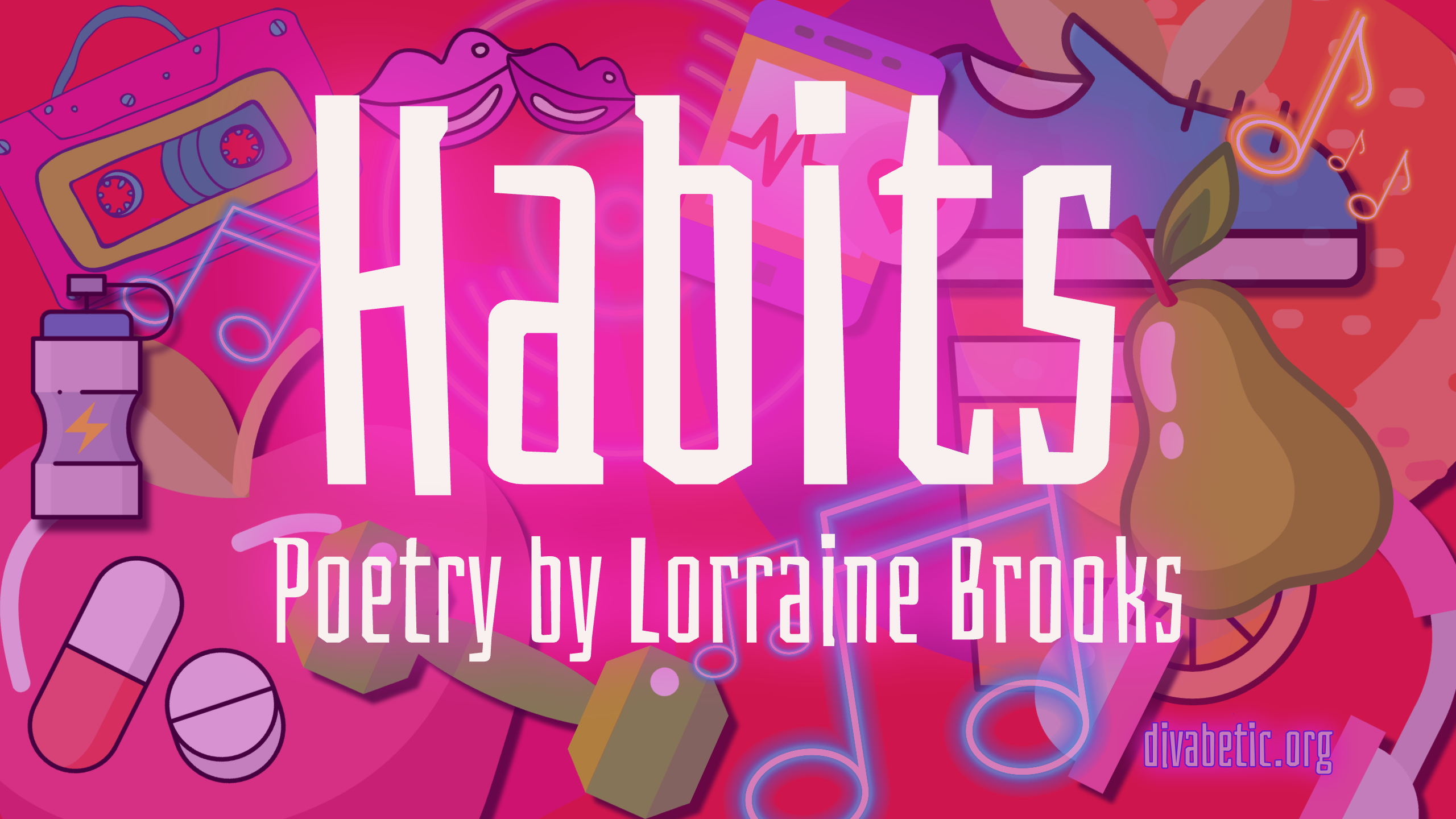Some people looking at this photo may see a cozy place to sit and eat, while others see a minefield.
Chances are, if you’re newly diagnosed with diabetes, the concept of food and eating may be overwhelming. If you’ve never paid attention before to what you’re eating, you may find there’s a steep learning curve to learning to count carbohydrates and monitor saturated fats, added sugar, and calories. Plus, the chaos and contradictory messages surrounding what to eat and what not to eat can make you want to give up before you pick up a fork or order.
Navigating your favorite restaurant’s menu can prove difficult for anyone with dietary issues and living with diabetes.
Our Dining Out With A Dietitian segment is among our most popular on Divabetic’s monthly podcast. During the segment, a registered dietitian, like our friend Constance Brown-Riggs, reviews the menu and advises us on what to order without letting us feel deprived.
First and foremost, we’re told to watch our portions. Restaurants tend to serve large portions, possibly double what you normally eat or more. Eating half and getting a container to take the other half home is better.
Frequently, we’ve been advised to avoid fried and battered options and instead choose grilled or poached entrees. And if we’re going to have a burger, order it without cheese but with tomato and lettuce; also, look for turkey or veggie burger options.

Don’t search for the parking spot closest to the restaurant. Get a little extra activity by parking farther away, leaving the car at home, and walking. A brisk walk can help you avoid after-meal blood sugar spikes.
Sally Field inspires this episode of Divabetic’s podcast with all the glamour and style of the red carpet hosted by the happy healthcare host, Mr. Divabetic.
Sally Field’s films, interests, and relationships infuse our Hot Topics discussion, Dining Out with A Dietitian, Sexy Little Numbers, and Diabetes Numerology Game segments with Oscar-worthy advice. Go ahead, “Drink your juice, Shelby!”
Did you know the film, Steel Magnolias’ was based on a true story?
Actor and writer Robert Harling wrote the play based on the true story of his sister, Susan Harling Robinson, who died from complications related to mismanaged diabetes.
Podcast guests include diabetes advocate, author, and coach Riva Greenberg, Divabetic Image & Style Advisor Catherine Schuller, Connie Elder, Patricia Addie Gentle RN, CDCES, Constance Brown-Riggs MSEd, RD, CDCES, Mama Rose Marie and Marilyn from Pasadena, CA, who is living with diabetes.

























